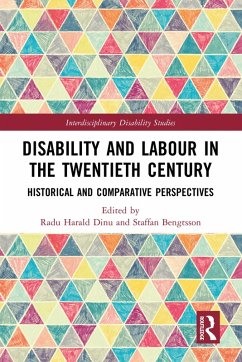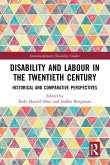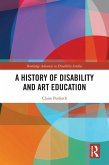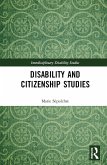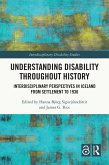The book's contributors demonstrate that the nexus between labour and disability in modern, industrialised societies resists easy generalisations, as marginalisation and integration were often two sides of the same coin: While the experience of many disabled people has been marked by exclusion from mainstream production, labour also became a vehicle for integration and emancipation. Addressing one of the research gaps of the disability history field, which has long been dominated by British and North American perspectives, the book sheds light on less-studied examples from Scandinavian countries and Eastern Europe including Czechoslovakia, Poland, the Soviet Union, Bulgaria and Romania.
Cutting across national, cultural and class divides the volume provides a springboard for reflections on common experiences of disability and labour during the twentieth century. It will be of interest to all scholars and students working in the field of disability studies, sociology and labour history.
Dieser Download kann aus rechtlichen Gründen nur mit Rechnungsadresse in A, B, BG, CY, CZ, D, DK, EW, E, FIN, F, GR, HR, H, IRL, I, LT, L, LR, M, NL, PL, P, R, S, SLO, SK ausgeliefert werden.

